March Comes in Like a Lion Volume 1 by Chica Umino
March Comes in Like a Lion was one of the releases I was most anticipating this year, and it was so worth the wait. The opening panels show Rei Kiriyama waking up, getting ready, going to a shogi hall, playing a game against a man he knows. Throughout this introduction Rei says nothing, and the panels of the shogi game are intercut with scenes from Rei’s childhood. When Rei wins the game and his opponent gets up and mentions that he and his family members are worried for him, Rei waits until he’s alone to say “Liar.” Rei then heads home, just as isolated, but he’s interrupted by a flurry of texts and goes over to the Kawamoto sisters’ house, where he’s immediately enveloped in a warm family gathering.
Umino balances portraying isolation, trauma, and depression with great skillfulness and moments of humor. She packs in so many slice of life character development vignettes into just a few panels. I appreciated the shonen battle stylings of Nikaido, who proclaims himself Rei’s rival and soon-to-become best friend. Rei goes to the hostess bar where Akari Kawamoto works with some other shogi players, and she cheerfully manipulates his companions into promising to look after Rei. Rei’s background is shown through a series of non-linear flashbacks, and while by the end of the first volume the reader has a sense of what has caused Rei to be so isolated, it is certain that there will be plenty more revelations ahead. One thing I really enjoyed is that the relationship between Rei and the Kawamoto sisters isn’t one sided – Rei also supports the sisters in his own quiet way.
Denpa’s production quality is excellent, with extras like french flaps and a color fold-out poster included at the start of the volume, which makes the manga feel like a bit more of a special collector’s edition. I also appreciated the essays about shogi that accompanied the story. I’m all in for this manga and seeing how Rei’s journey unfolds.
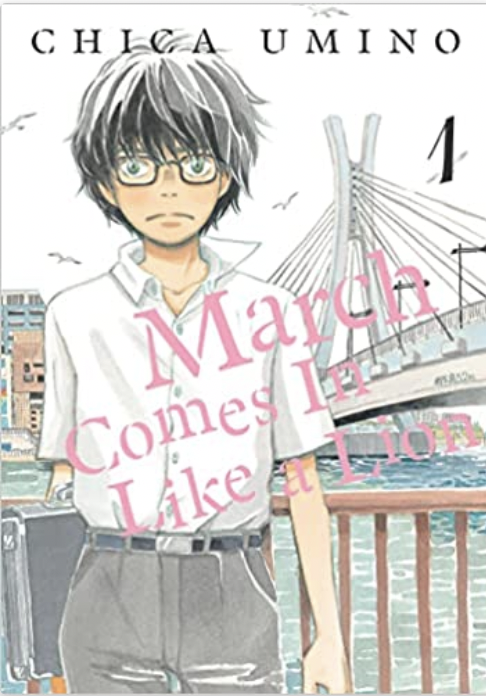

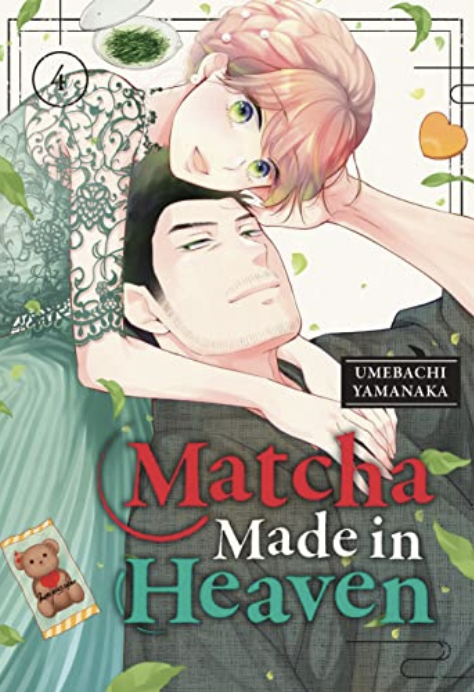
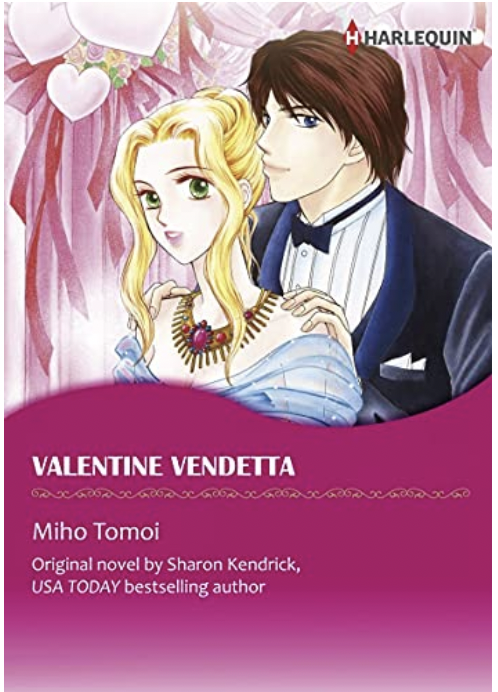
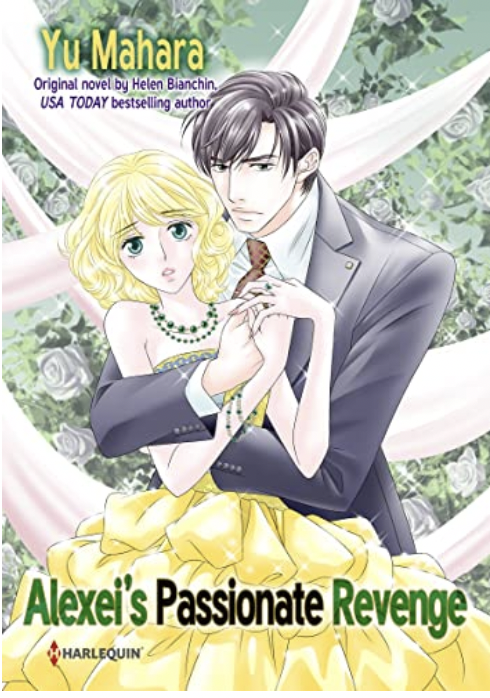
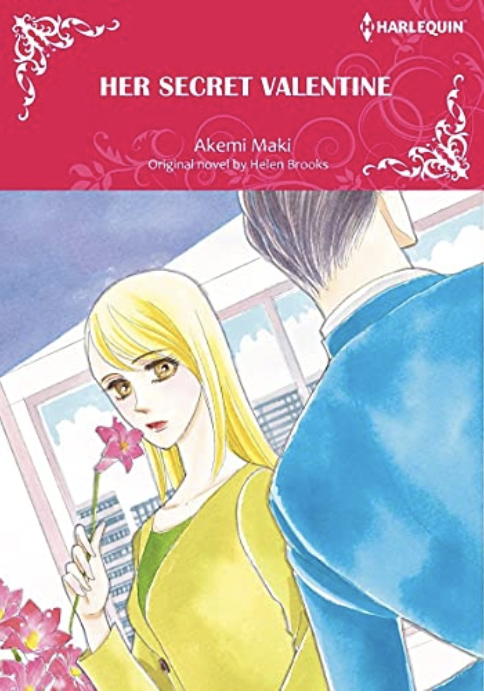
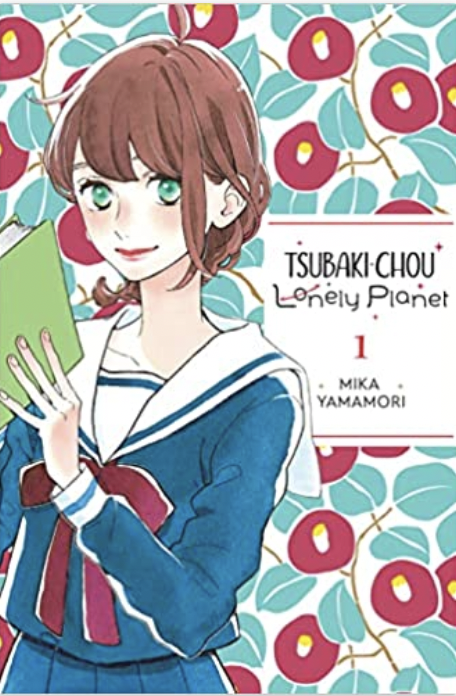

Recent Comments